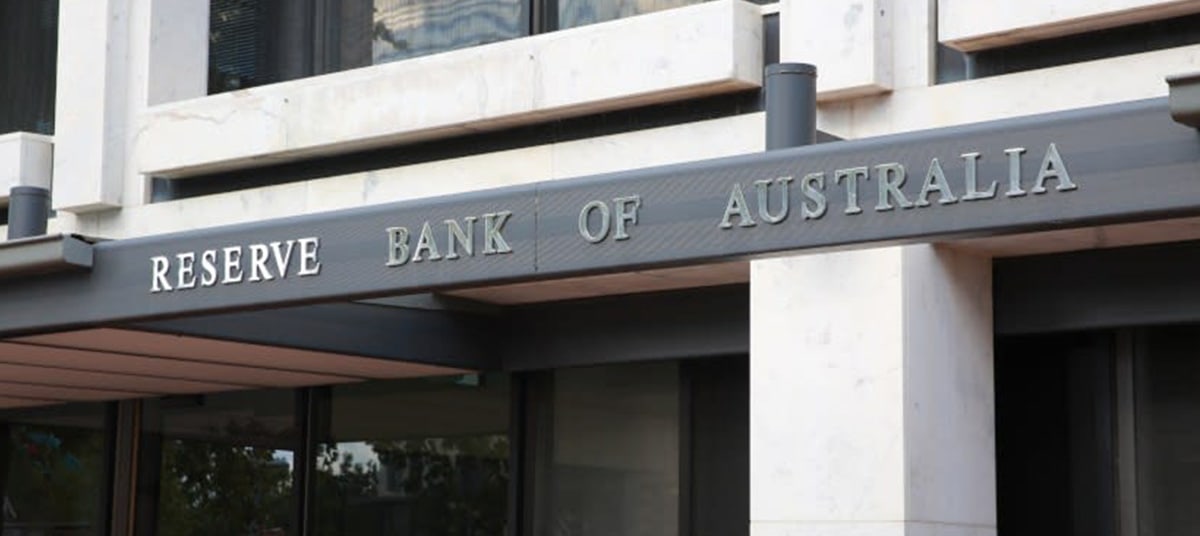
A brokerage’s MD has warned that another rate hike would only add more pressure on already struggling mortgage holders.
Bell Partners Finance managing director Mark Stevenson said the “small spike” in the 2Q24 quarterly inflation figures should not “prompt a panicked response” from the Reserve Bank of Australia (RBA) as thousands of mortgage holders still struggle with 13 rate hikes and cost-of-living pressures.
“It would definitely be a false start from the RBA if they responded to this latest rise in inflation by hitting borrowers with another interest rate hike.
“The rate increases have had a big impact and continue to do so. Another increase will hurt badly. There have been reports that around half a million mortgage holders have already switched to interest-only payments because they have been struggling to make ends meet.
“We would hope the RBA would continue to monitor the economic developments, particularly the impact of government stimulus from tax cuts and cost-of-living handouts,” Stevenson said.
The latest figures on the consumer price index (CPI) released by the Australian Bureau of Statistics (ABS) revealed a quarterly increase of 1 per cent and an annual increase of 3.8 per cent.
The annual increase marked the first time in annual CPI inflation since the December quarter 2022, rising from the 3.6 per cent recording during the March quarter 2024.
Stevenson added that despite the annual increase, the RBA still seems to be on track to reducing inflation to the target range of 2 to 3 per cent.
Additionally, Equifax’s executive general manager, Moses Samaha, stated that the recent slow and gradual increase in mortgage arrears will accelerate if there are any further rate hikes and increases in the unemployment rate.
According to Equifax data, mortgage arrears among consumers categorised as average in credit risk have risen more rapidly over the past four months, up by 32 basis points from 3Q23 to 2.82 per cent as of 2Q24.
“This cohort will face even tougher household budget decisions should the RBA increase interest rates. Any interest rate increase will negate any household budget relief delivered by stage-three tax cuts to these consumers,” he said.
“Across the board, many Australian businesses are struggling, with Equifax data showing hospitality (45 per cent) and construction (23 per cent) industries struggling with insolvency (versus June quarter 2023) while insolvency rates at the total market level increased by +34 per cent (versus June quarter 2023).
“A rise in interest rates may impact the survivability of many businesses with immediate consequences for business owners and employees – particularly those in construction and hospitality sectors,” Samaha said.
Samaha further stated that while the unemployment rate remains low, the number of open positions has decreased, which has suggested a “delicate balance” in the labour market and possibly impact the employment rate over the coming quarter.
Furthermore, Equifax data revealed a 2.87 per cent decline in average household expenditure in 2024 (year-to-date) when compared to the same time in 2023, signalling a willingness from mortgage holders to manage repayments before any other expenses.
“Any rate rise would further push household finances to a knife’s edge, widening the impact across other cohorts that so far have been able to protect their mortgage payments”, Samaha said.
[RELATED: Annual inflation rises for first time since December 2022]

